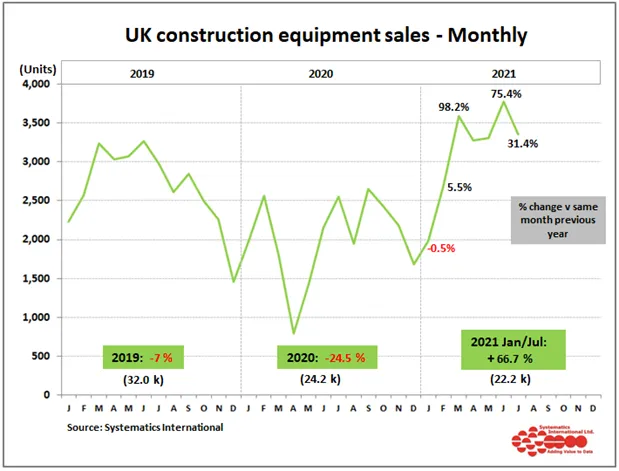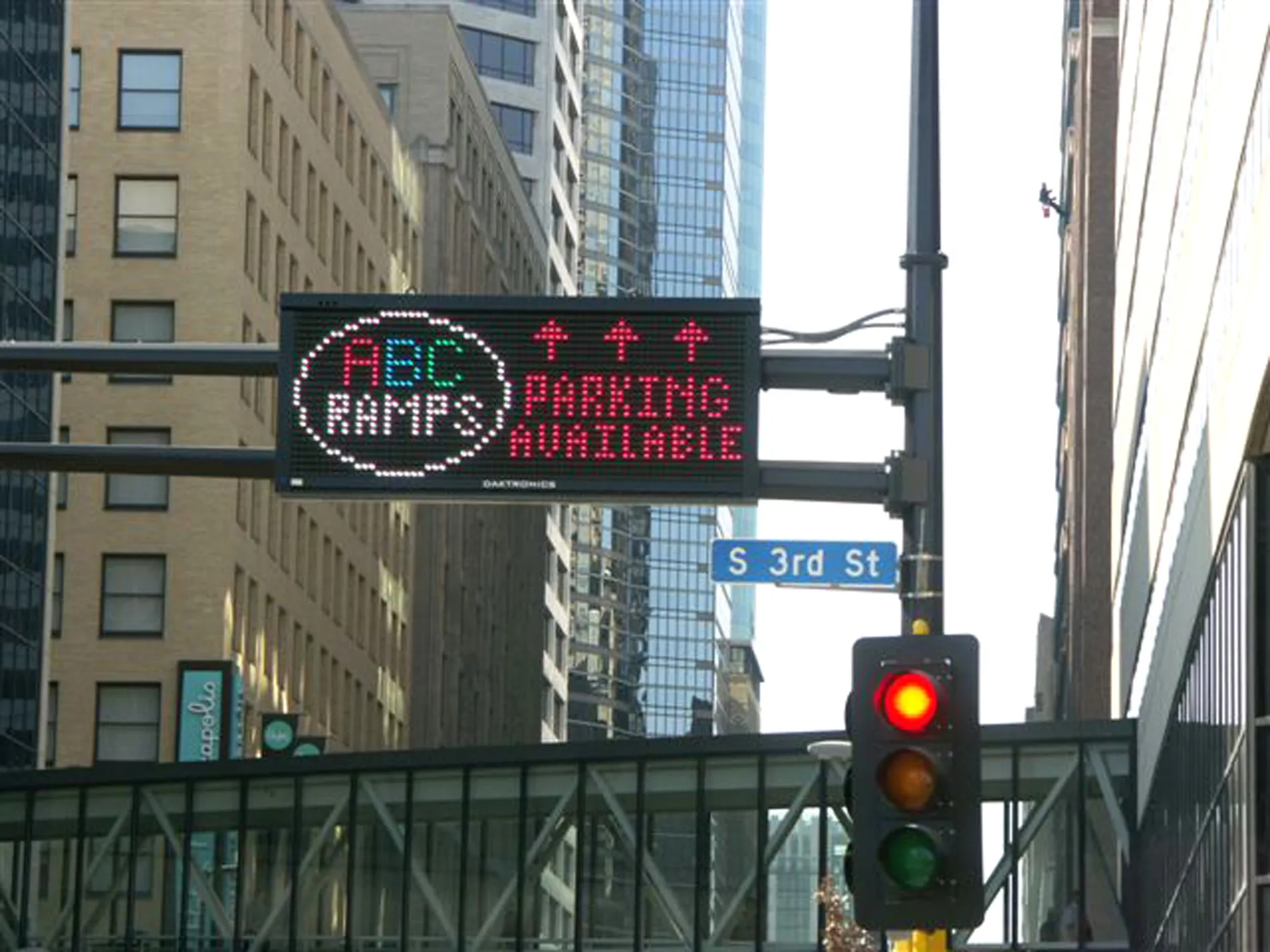A survey of drivers in 13 countries found that UK drivers are least likely to say that they have used a phone while driving.
Just over 10,000 drivers in Europe, North America and Asia were questioned in Aviva’s latest Consumer Attitudes Survey.
However, one in five UK drivers said they had made a phone call while driving without using a hands-free kit, something which is now prohibited under UK law. This is compared to a global average of 48 per cent.
Drivers in the US (63%) and in China (76%) were most likely to say they had made a call while behind the wheel. In the UK, 20% of drivers admitted that they had used their phone. The average of all respondents was 48%.
In the UK, 13% of drivers said they had sent a text while driving, compared to the global average of 31 per cent, while 7% of UK motorists said they had checked or posted on social media while behind the wheel, lower than the global average of 17%.
UK motorists were also least likely to say they had taken or uploaded images on social media while driving (4% versus the global average of 14%).
By age, only 11% of those over the age of 55 admitted making a call, compared to 27% of those aged 45-54 and 26% of those aged 18-44. Some 28% of those aged 25-34 have sent a text message, while 14% of the age group have also posted on social media while driving. The survey also shows some 28% of motorists have put an address into a satellite navigation system while driving and 32% have looked at a digital or paper map.
The research was carried out between March 17 and May 1, shortly after stricter penalties were introduced in the UK for using mobile phones while driving. On March 1, the UK doubled fines to almost €228, plus increased demerit points on the offending driver’s licence.
(A) Percentage of motorists who say they had made a call (not hands free) while driving
(B) Percentage of motorists who say they had sent a text/message while driving
(C) Percentage of motorists who say they had checked or posted on social media while driving
(A) (B) (C)
UK 20% 13% 7%
Spain 35% 27% 11%
France 39% 26% 8%
Canada 43% 26% 11%
Ireland 45% 26% 15%
Singapore 46% 47% 23%
Indonesia 51% 53% 29%
Poland 53% 18% 14%
Turkey 53% 34% 22%
Italy 59% 41% 17%
India 60% 43% 41%
USA 63% 34% 22%
China 76% 28% 11%
Global average 48% 31% 17%







